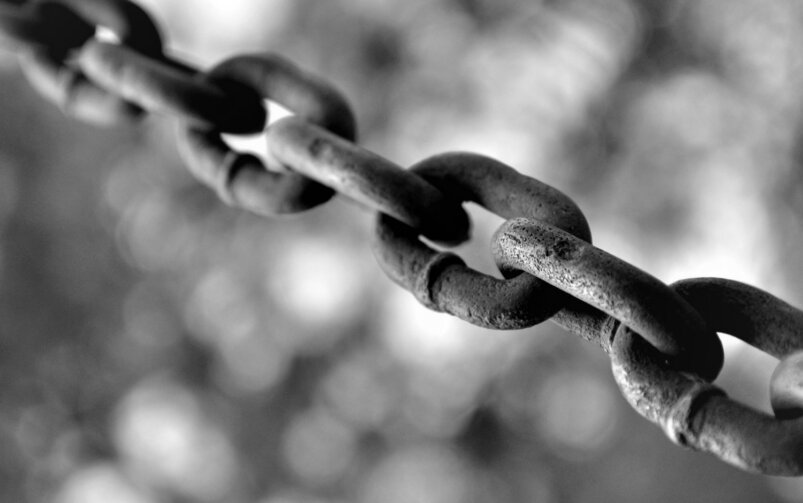
Domestic violence is an issue that lingers in every society, irrespective of cultural, ethnic or socioeconomic disparities. Often masked under the terms family or intimate partner violence, this grave societal problem seeps into domestic settings such as marriages or cohabitations where abusive behaviours by one individual against another persist. This comprehensive guide provides a deeper understanding of what encompasses domestic violence, its signs, effects and prevention techniques. It also sheds light on how to support victims and the legal provisions available for victims within the United Kingdom.
Understanding Domestic Violence: More Than Physical Abuse
Often misconceived as solely physical abuse, domestic violence is a much broader term encompassing a spectrum of abuse types perpetrated to overpower and control the other person.
Physical Abuse:
Physical abuse is any form of aggressive behaviour towards another person, including hitting, kicking, slapping and more. The core aim of physical abuse doesn’t solely lie in inflicting bodily harm but also in instilling fear in the victim’s mind.
Emotional Abuse:
Emotional abuse takes shape through constant undermining of a person’s self-worth via consistent criticism or humiliation. The perpetrator seeks control over their victim by eroding their confidence and self-esteem.
Psychological Abuse:
Psychological abuse involves manipulation tactics designed to make the victim question their sanity, such as gaslighting, playing mind games or creating confusing realities.
Financial Abuse:
Financial abuse refers to controlling a victim’s access to financial resources, thus rendering them financially dependent on their abuser —a tactic often used to curtail escape routes for the victim.
Sexual Abuse:
Sexual abuse constitutes any non-consensual sexual act or conduct inflicted upon the victim by the perpetrator.
Recognising the Signs of Domestic Violence
Frequently, victims may not openly admit to being subjected to abuse due to fear or humiliation. However, certain common signs can indicate underlying abuse:
- Constant injuries are often explained away as ‘accidents.’
- Isolation from friends and family
- Noticeable changes in behaviour, such as increased anxiety
- Restricted access to money
- Unexplained absences from work or social activities
It is important to be alert and sensitive towards these signals, as they might be a cry for help.
The Far-Reaching Effects of Domestic Violence
Domestic violence causes long-term psychological trauma in addition to immediate physical harm, which can manifest as depression, anxiety, post-traumatic stress disorder (PTSD), and suicidal tendencies, among other things. These effects can persist even after the victim has escaped their abusive environment, requiring long-term mental health services and support.
Supporting Victims: A Delicate Process
When you suspect someone is enduring domestic violence:
- Encourage them to talk about their situation if they feel safe doing so.
- Be supportive and non-judgmental during these conversations.
- Offer assistance with finding local services that can provide help.
- Ensure your own safety while trying to intervene.
Direct intervention can potentially escalate the situation, putting you and the victim at risk. Encourage victims to seek professional help instead.
Prevention: A Collective Responsibility
Preventing domestic violence requires combined individual and societal efforts like promoting healthier relationships, challenging toxic norms, advocating for gender equality, etc. Education about domestic violence should be encouraged in schools, communities and workplaces, creating an environment where abuse is universally condemned and its signs are recognised early on.
Legal Provisions in the UK: Protection For Victims
The UK has robust legal provisions for protecting victims of domestic violence. These include specific laws that criminalise coercive control. The Domestic Abuse Act 2021 further strengthens these protections by banning the ‘rough sex’ defence, recognising children as victims if they see, hear or experience the effects of abuse, and extending the ‘revenge porn’ offence.
Reporting Domestic Violence: Steps to Take
In emergencies where immediate help is required, dial 999. For non-emergency situations, contact your local police station or call national domestic abuse helplines. Abuse involving children can be reported to social services.
Conclusion: Everyone Deserves a Life Free From Fear and Harm
Domestic violence is a severe issue with far-reaching consequences not only for victims but for society at large. Understanding its diverse forms and learning to respond appropriately is crucial—this knowledge could save lives. If you or someone else is in imminent danger due to domestic violence, contacting authorities should be an immediate course of action.
While efforts on individual, societal and policy levels continue to address this prevailing issue, each of us can contribute in our own way by spreading awareness about domestic violence and committing towards creating safer spaces for all.
Helpful References:
- National Domestic Abuse Helpline: 0808 2000 247
- Men’s Advice Line: 0808 8010327 (for male victims)
- Childline: 0800 1111 (for children and young people)
- The Hide Out: www.thehideout.org.uk (support for children and young people)
Disclaimer:
This guide serves as an introductory resource on domestic violence; it does not replace professional advice or intervention in situations involving potential risk or harm.
